The Power of Setting Small Goals to Achieve Big Results

It is important to be able to set both big and small goals. Both involve different methods of planning, strategies and a different mindset. But what is the biggest challenge of setting big goals? It is not the setting itself that is the issue for most people. In fact, most people feel inspired and excited. It is the sustained motivation and energy required to achieve them. Setting the bar too high could overwhelm you to the point of demotivation, and discourage you from even getting started in the first place. So while you should keep on dreaming big, break that goal into smaller milestones, as they are much easier to follow through on. Slowly but surely you will bear the fruits of your labour.
What are the benefits of setting smaller goals?
They keep you focused. If you set goals that are too far off into the future, it is easy to set them aside on a daily basis. It is much easier to focus on what you have to do today or this week than it is to focus on what needs to be done in a year’s time.
They encourage action. Ran Kivetz, a researcher from Columbia University, conducted two parallel studies involving coffee-shop reward cards. In the first study, for every ten purchases of coffee, the customer would get one for free. In the second, the customer would also get a free coffee, but after twelve purchases. However, this time, the reward cards had two stamps that were already earned. While both needed the same amount of coffees to avail of the freebie, it was found that customers tended to fill up their cards faster in the second study. This is because they felt they were already making progress towards their goal. With smaller goals, you more easily get a sense of progress, and thus feel more encouraged to keep working.
They form habits. Success doesn’t happen overnight. It takes time for something big to develop, working on a consistent basis to get one step closer to reaching your goal. Therefore, in order to achieve our goals, we cannot rely solely on our motivation to get there – we also need to form good habits. For instance, if you want to be able to write 3,000 words per day for a book you eventually want to write, break it down to writing 100 words daily first. As this becomes a habit, that smaller goal becomes progressively easier to achieve, and you can adjust your goals accordingly until you finally reach that 3,000-word goal.
With all that said, having the desire to set goals is already a big step, so you should be proud of yourself for taking initiative!







